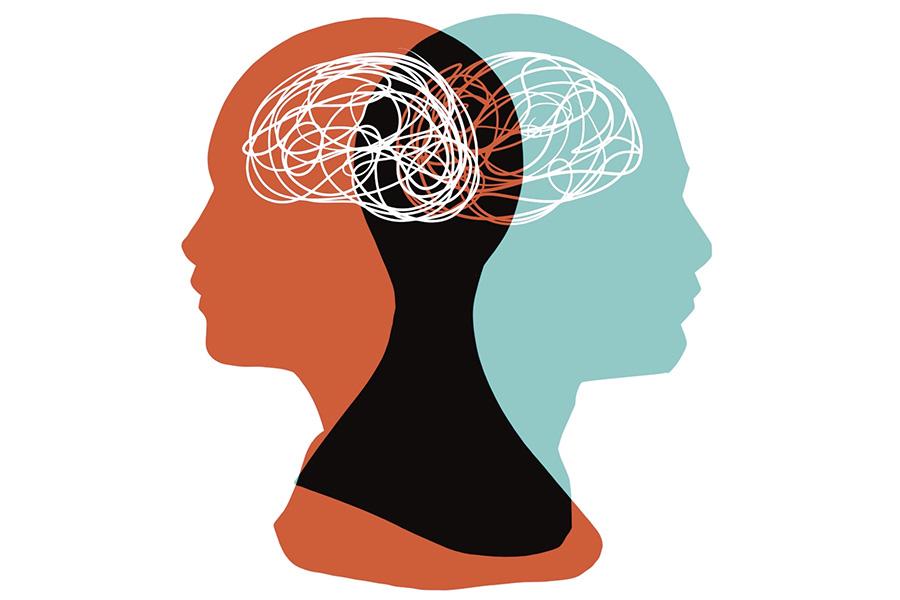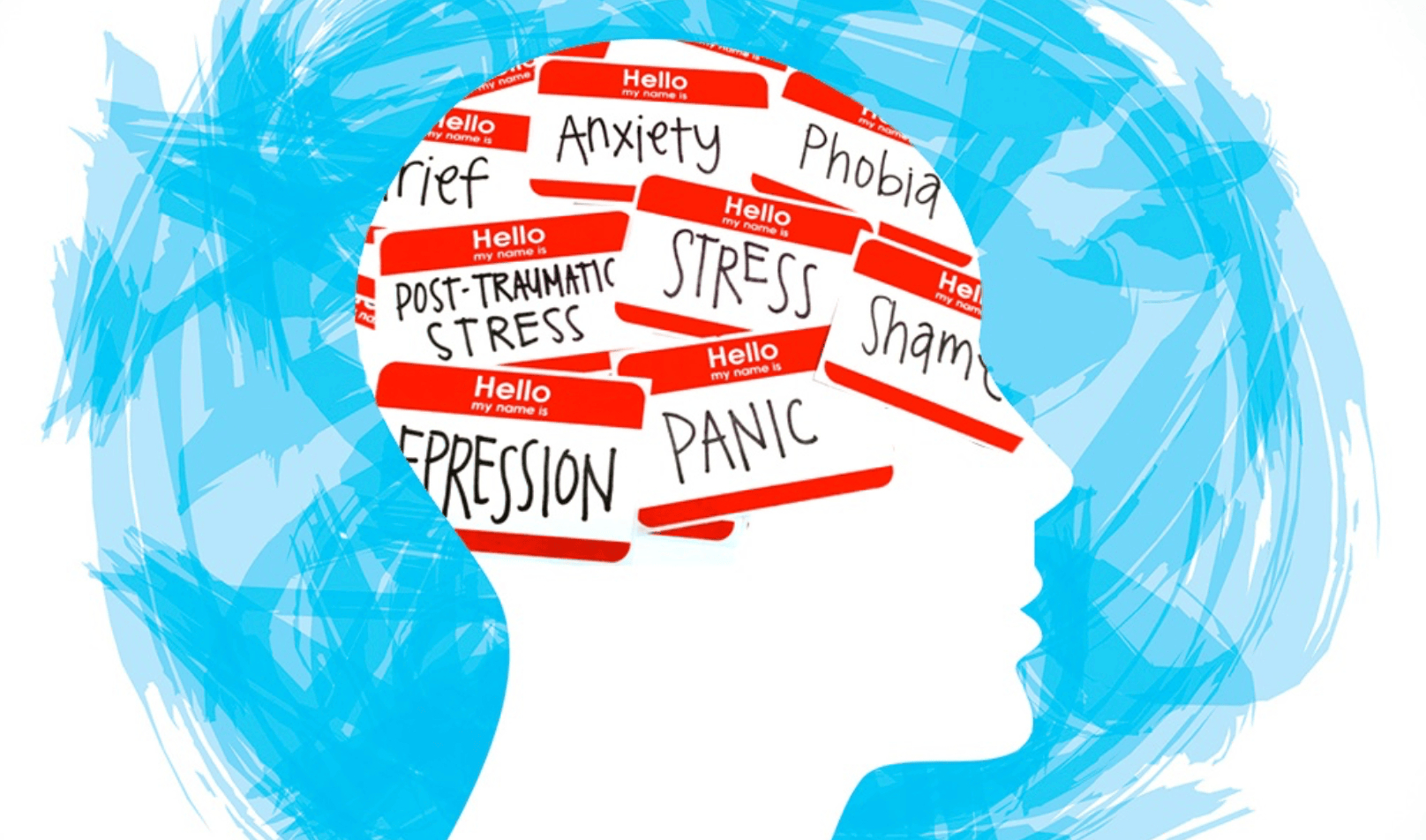Achieving Stability with Professional Inpatient Mental Health Treatment
Achieving Stability with Professional Inpatient Mental Health Treatment
Blog Article
Comprehensive Inpatient Mental Health And Wellness Providers for Effective Treatment
Inpatient psychological health services represent a crucial part of the health care system, giving a organized and extensive setting for people experiencing severe mental distress. These solutions employ a multidisciplinary method, incorporating various evidence-based therapies to attend to the intricate needs of clients. Nevertheless, the performance of such comprehensive treatment expands past immediate stabilization; it also includes the shift to outpatient assistance, a critical stage frequently ignored. Discovering the subtleties of this continuum discloses significant effects for both specific recuperation and more comprehensive psychological health and wellness results. What elements really influence this transition, and how can we boost its performance?
Recognizing Inpatient Mental Health And Wellness Services
Inpatient mental health solutions supply vital support for people experiencing severe emotional distress that can not be handled efficiently in an outpatient setup. These solutions are made to use an intensive degree of care in an organized atmosphere, frequently within a medical facility or specialized center. Clients confessed to inpatient programs normally display severe symptoms, such as self-destructive ideation, serious depression, or psychosis, requiring round-the-clock tracking and treatment.
The admission process generally involves a thorough assessment by psychological health specialists, who examine the person's mindset, background, and prompt needs. When confessed, clients participate in a variety of restorative techniques customized to their specific demands, consisting of medication management, private treatment, and team sessions. This alternative strategy aims to support the individual's problem, advertise security, and foster coping abilities.
Inpatient mental health solutions not only address instant wellness concerns but likewise offer as a bridge to recurring treatment. By providing a controlled environment, these services assist in the advancement of therapy strategies that can be continued in outpatient settings, therefore making sure a continuum of treatment and enhancing long-lasting end results for people with intricate psychological wellness needs.
Key Components of Effective Treatment
Effective therapy in inpatient psychological wellness solutions consists of several vital parts that cultivate recuperation and stablizing. Most importantly, a thorough analysis is necessary to recognize the person's particular requirements and challenges. This assessment informs the advancement of a tailored therapy strategy, which acts as a roadmap for intervention.
An additional essential element is the multidisciplinary team approach. Cooperation amongst psychiatrists, psycho therapists, registered nurses, and social workers ensures that numerous point of views contribute to the client's treatment, boosting the efficiency of treatment. Evidence-based healing techniques, such as cognitive-behavioral therapy (CBT) and dialectical actions therapy (DBT), are additionally important, supplying structured strategies that deal with maladaptive idea patterns and behavioral concerns.

Last but not least, an emphasis on aftercare planning is critical to make sure a seamless change to outpatient services, minimizing the danger of relapse and advertising long-term health. These collective elements create a reliable treatment structure within inpatient mental wellness services.
Advantages of Comprehensive Care

Extensive treatment in inpatient psychological wellness solutions offers numerous advantages that substantially boost patient outcomes. One of the main advantages is the alternative strategy to therapy, addressing not only the psychological signs however likewise the physical, social, and psychological needs of people. This extensive evaluation permits customized treatments that advertise general wellness.
One more advantage is the combination of multidisciplinary groups, which cultivates collaboration amongst medical care specialists. This joint setting makes certain that people obtain collaborated treatment, minimizing the threat of fragmented therapy and improving communication among caretakers. Thorough treatment helps with continuity of solutions, enabling for seamless shifts inpatient mental health services from inpatient to outpatient setups, which is important for long-term recuperation.

Finally, the structured environment of comprehensive inpatient care gives a secure area for individuals to engage in therapeutic tasks, aiding them establish coping techniques and resilience. Jointly, these advantages contribute to more reliable therapy and improved lifestyle for people experiencing mental health and wellness situations.
Evidence-Based Restorative Approaches
In the world of psychological health therapy, evidence-based restorative methods play an essential duty in making sure that clients get effective and medically supported treatments. These techniques integrate the most effective offered research with scientific competence and patient worths, fostering a customized treatment experience that attends to individual demands.
Cognitive Behavior Modification (CBT) is among one of the most widely acknowledged evidence-based approaches, concentrating on identifying and altering unfavorable idea patterns and actions. This structured method has actually shown efficiency in treating conditions such as ptsd, anxiousness, and clinical depression. Similarly, Dialectical Behavior Modification (DBT) is particularly effective for individuals with borderline personality condition, highlighting the advancement of emotional policy and social efficiency abilities.
Furthermore, medication management is frequently an essential component of evidence-based treatment, as psychotropic drugs can relieve signs and symptoms and enhance general functioning. Collaborative care models, which entail multidisciplinary groups, even more enhance the efficiency of inpatient solutions by making sure extensive evaluations and continual surveillance.
Eventually, the integration of evidence-based healing techniques not just promotes positive scientific results but additionally equips patients, cultivating a sense of firm and durability in their mental wellness journeys.
Transitioning to Outpatient Assistance
The shift from inpatient psychological wellness services to outpatient assistance marks a crucial stage in a client's recuperation journey. This duration needs mindful planning and control to guarantee connection of care and to mitigate the dangers of regression or crisis. Reliable discharge planning must commence early in the inpatient remain, entailing a multidisciplinary team that consists of psychoanalysts, psychologists, registered nurses, and social workers.
Crucial element of an effective transition consist of the growth of an extensive aftercare strategy tailored to the individual's certain needs. This plan must outline follow-up appointments, medicine monitoring, and healing treatments, as well as determine neighborhood sources and support system that can assist in recurring recovery.
Furthermore, individual and family members education and learning is vital during this phase. Comprehending the signs of prospective obstacles and the relevance of sticking to therapy can empower patients and their support group.
Routine follow-up and reassessment of the outpatient strategy are necessary to resolve evolving challenges. By fostering a collaborative connection in between outpatient and inpatient carriers, the likelihood of sustained recuperation rises, ultimately boosting the person's top quality of life and reducing the threat of readmission.

Conclusion
In summary, extensive inpatient mental health services offer an important framework for addressing severe emotional distress via a multidisciplinary strategy. Inevitably, such thorough care is crucial for long-lasting psychological wellness and well-being.
The admission process typically involves a comprehensive assessment by psychological health and wellness experts, who evaluate the person's mental state, history, and prompt demands.Reliable treatment in inpatient mental wellness solutions comprises several vital elements that foster recuperation and stablizing.Extensive treatment in inpatient psychological health solutions provides numerous advantages that substantially enhance individual end results.The transition from inpatient mental health and wellness services to outpatient assistance marks a vital phase in a client's recuperation trip.In summary, thorough inpatient mental wellness services supply an essential structure for dealing with severe mental distress through a multidisciplinary strategy.
Report this page